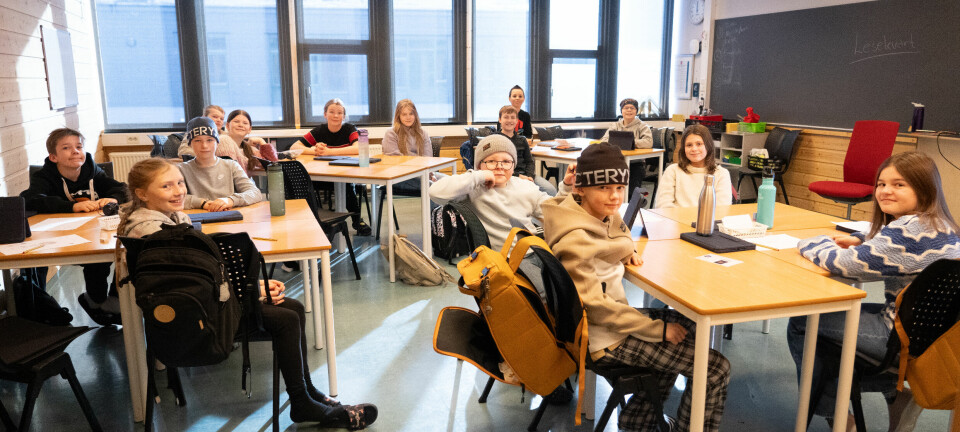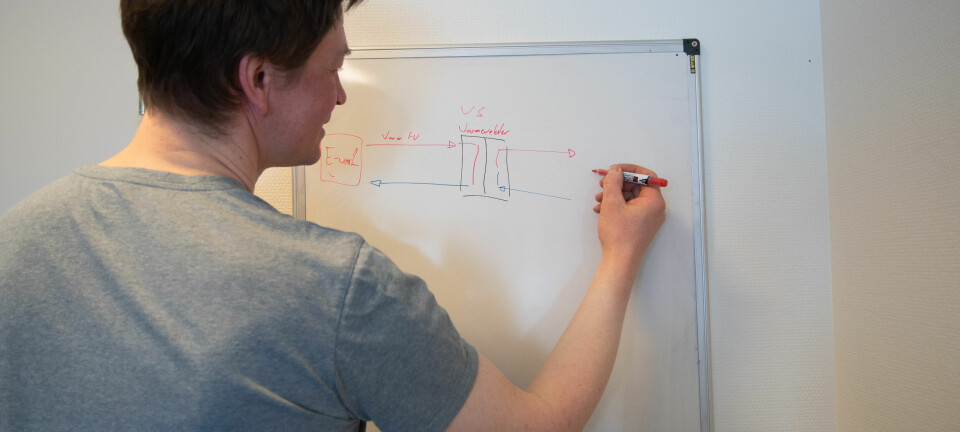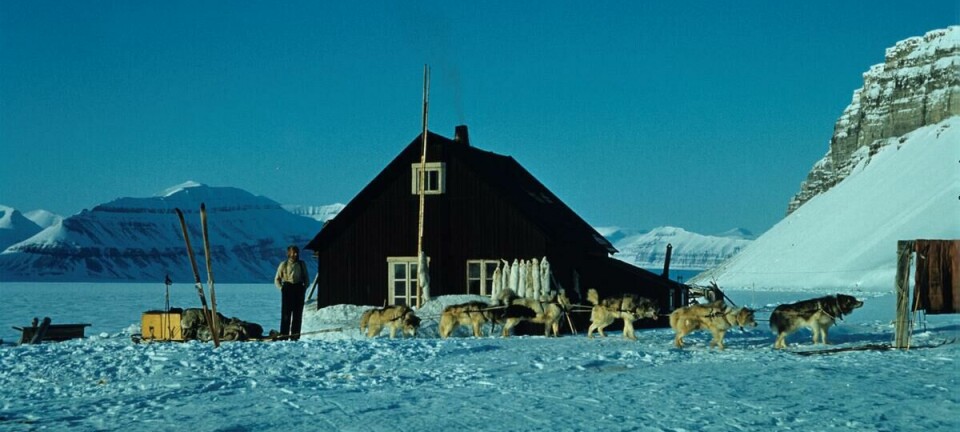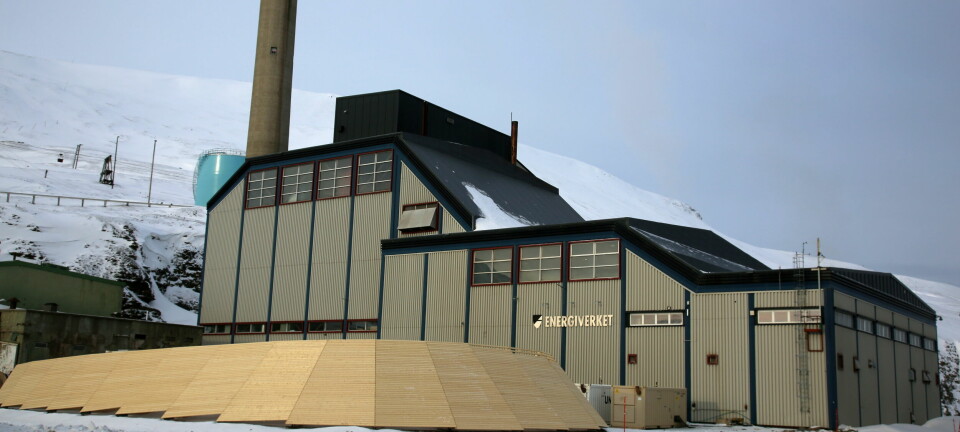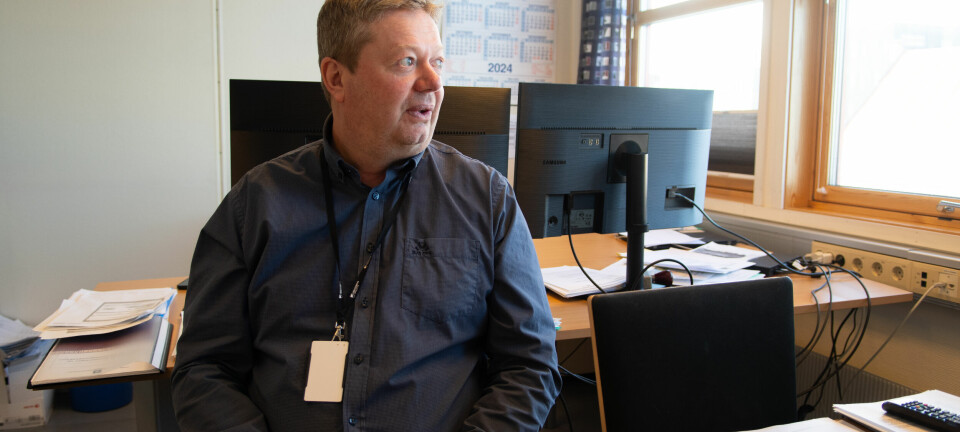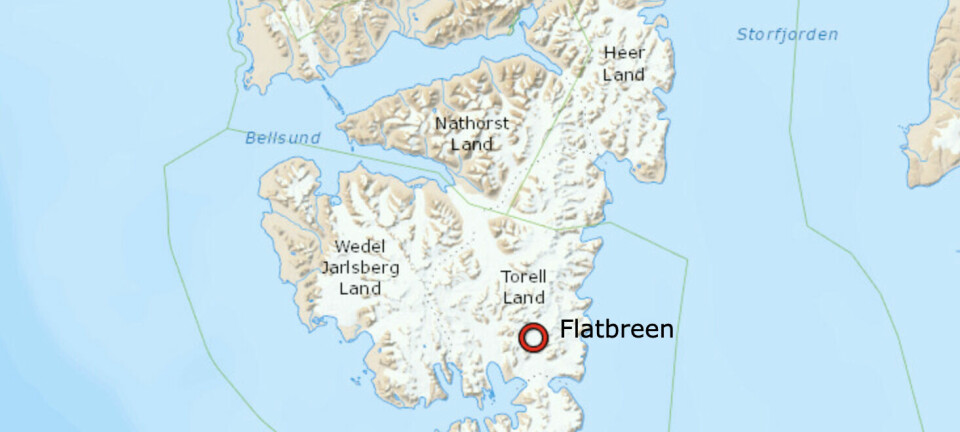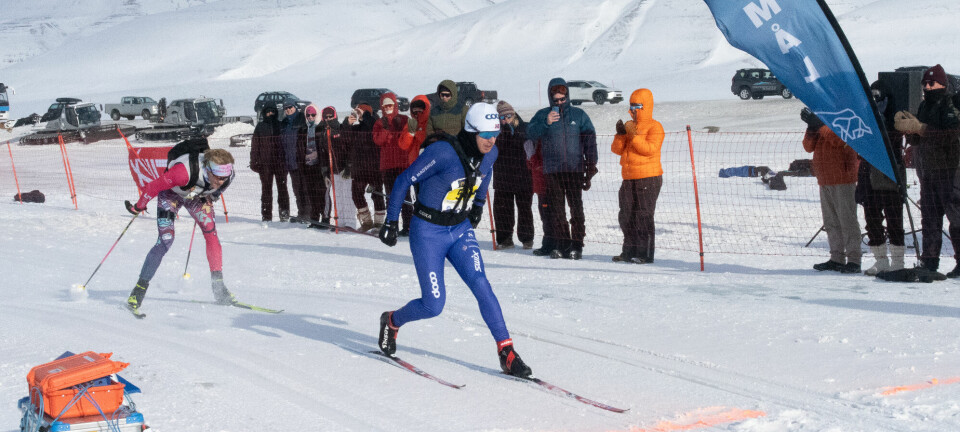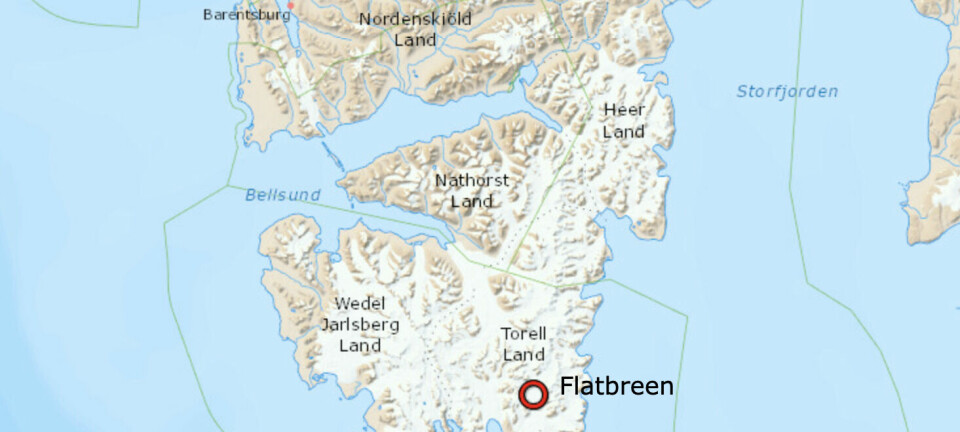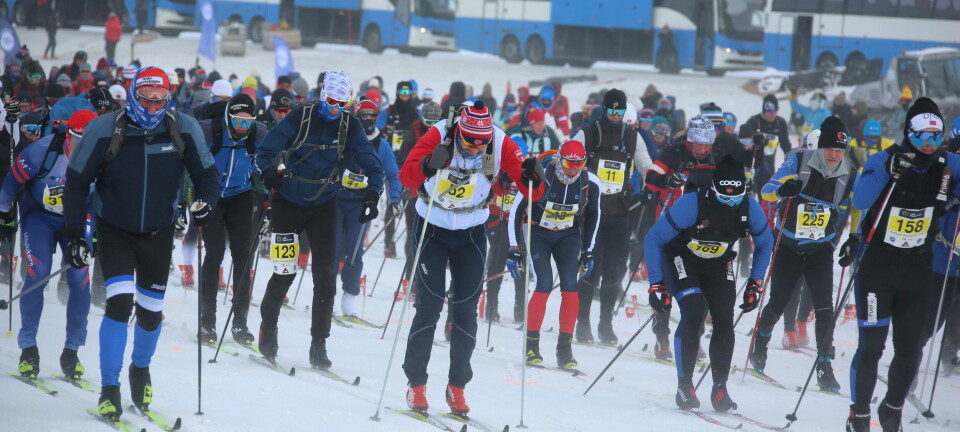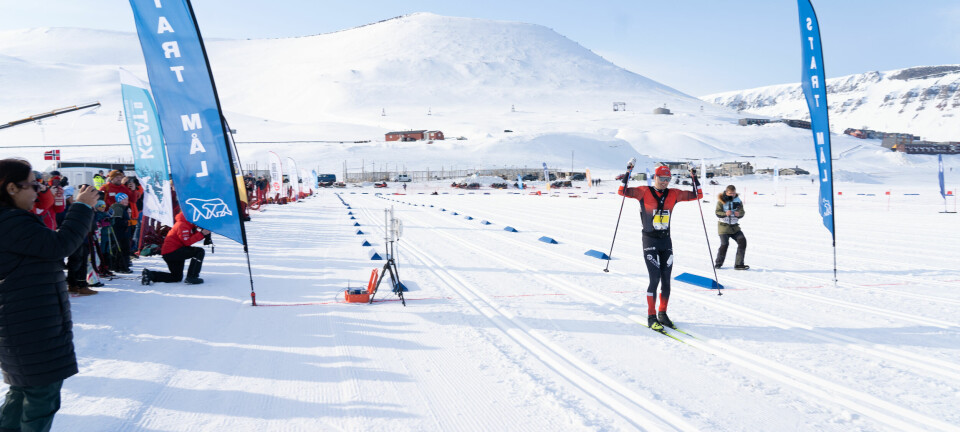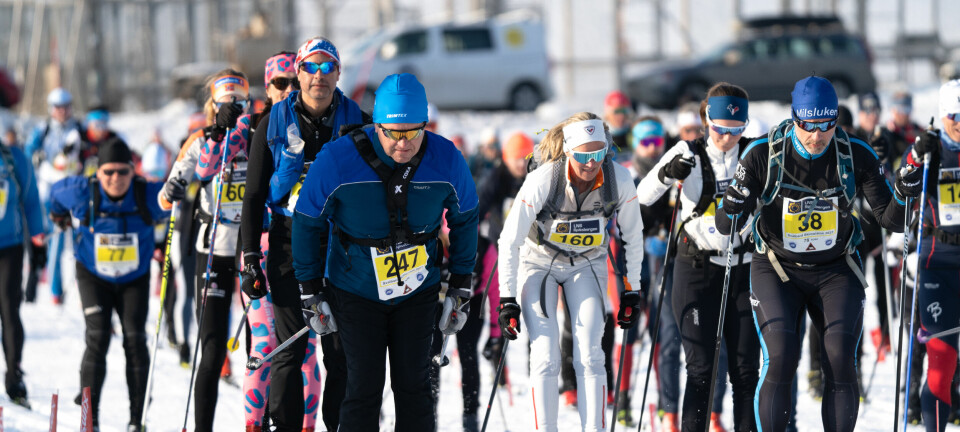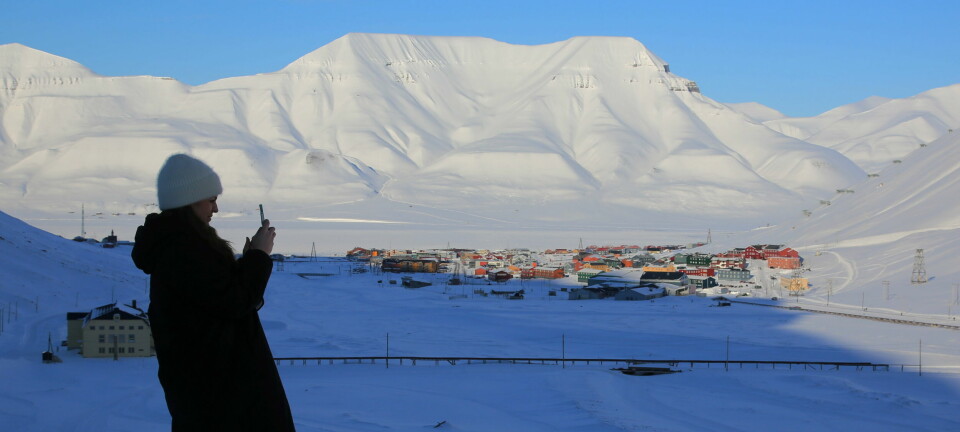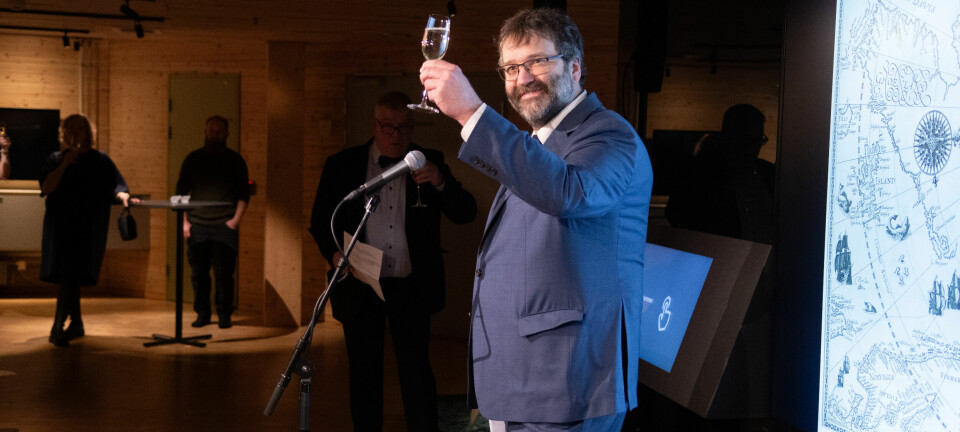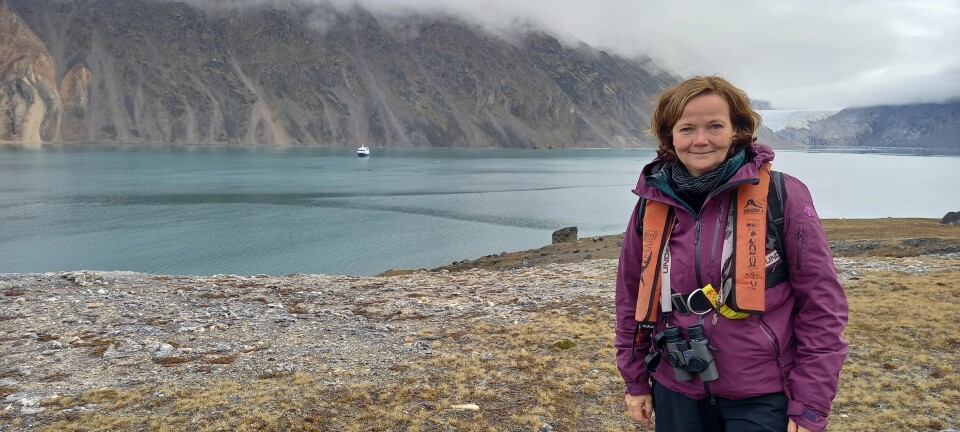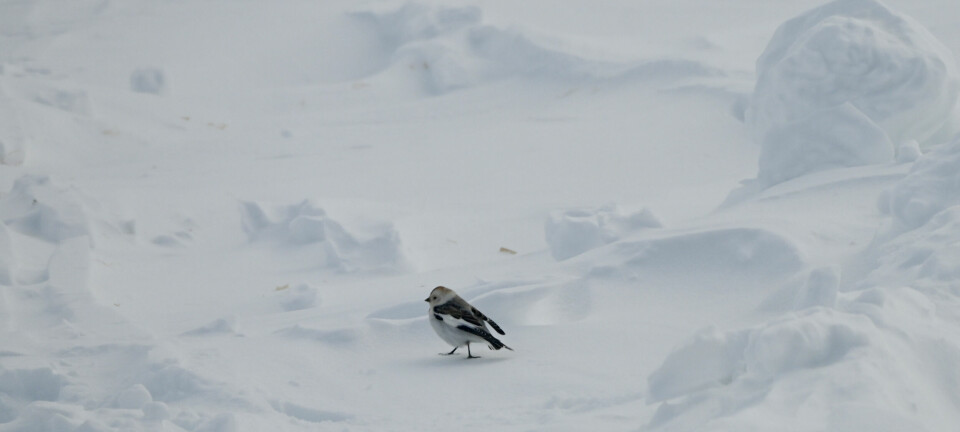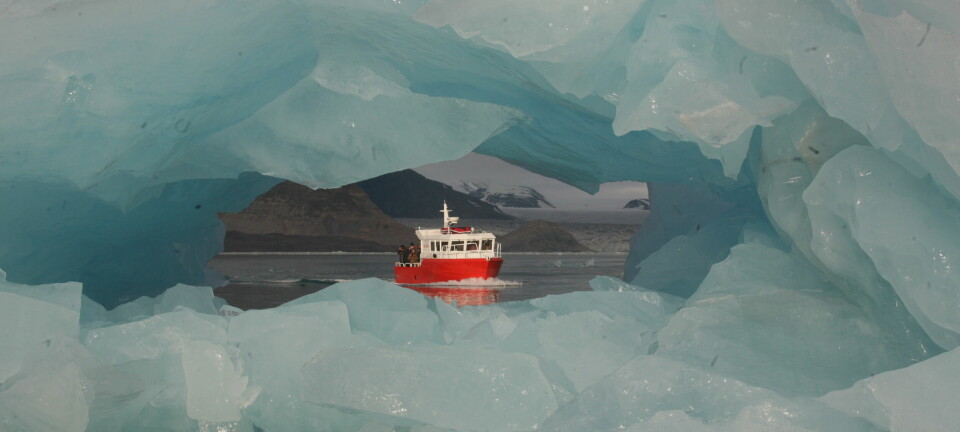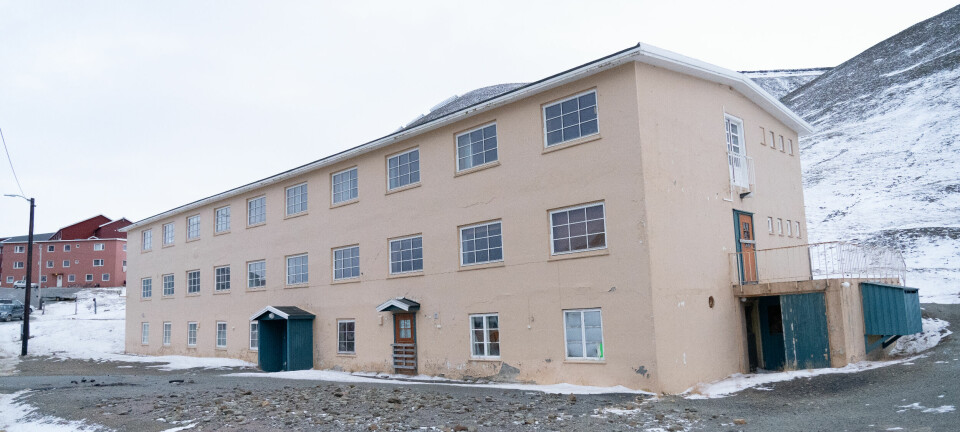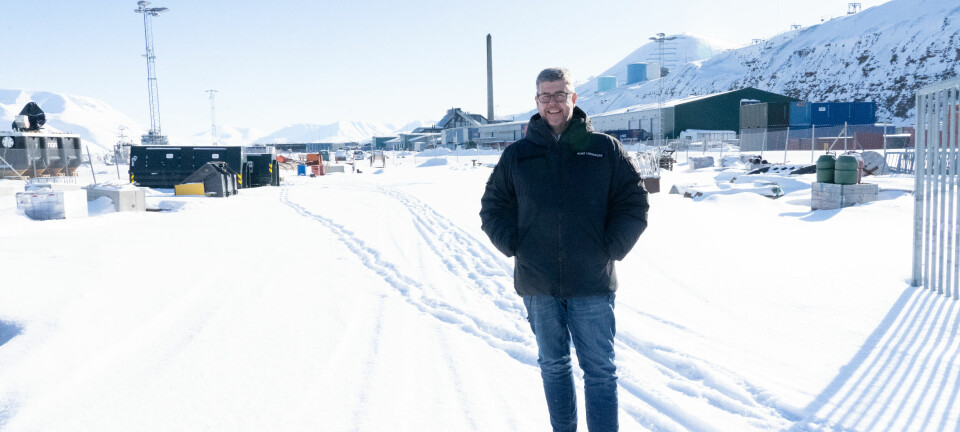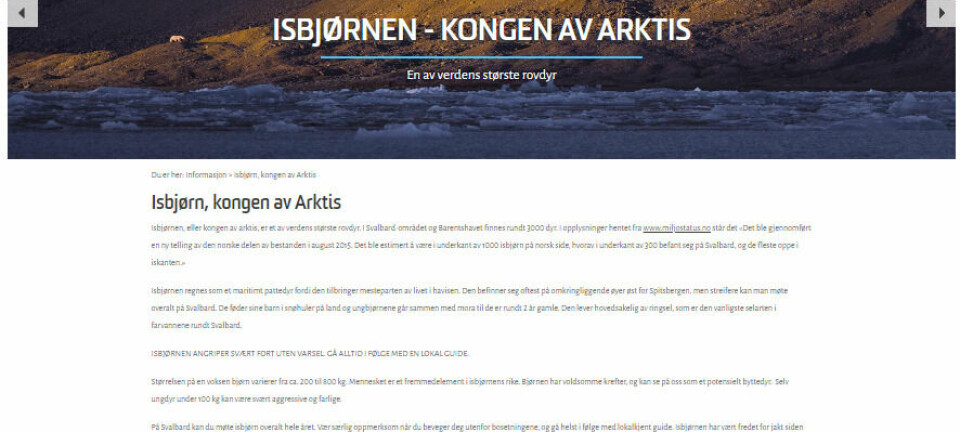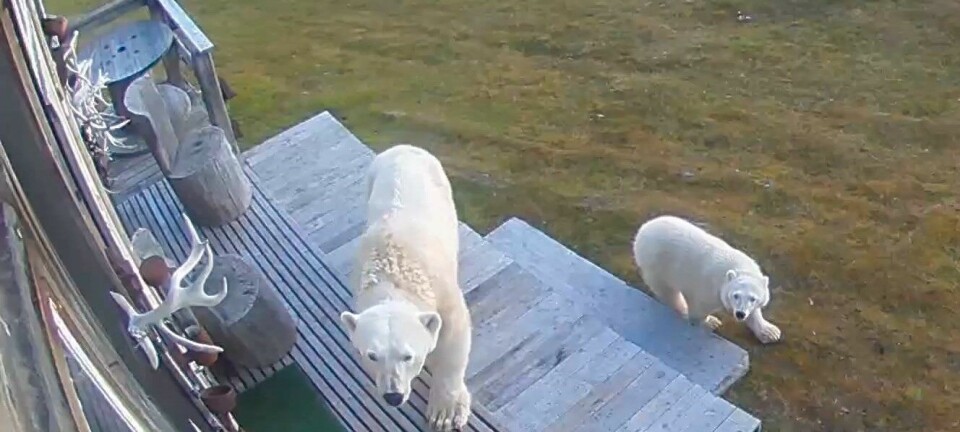'Those who have chosen this life are strong enough to do what they want to'
While scientists are queuing to get to Ny-Ålesund to research climate and wildlife, Paul Wenzel Geissler is more interested in researching the researchers.
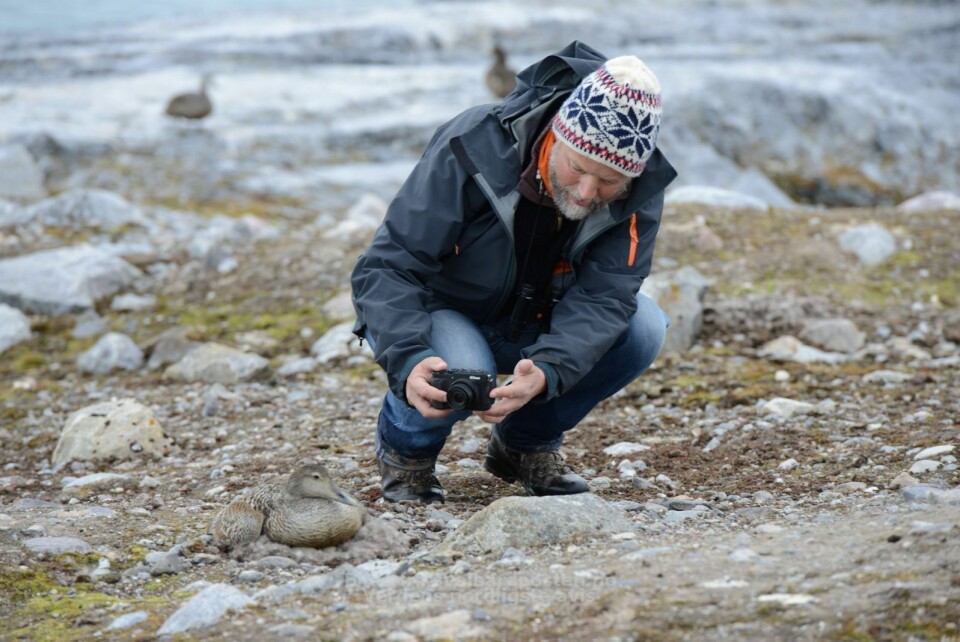
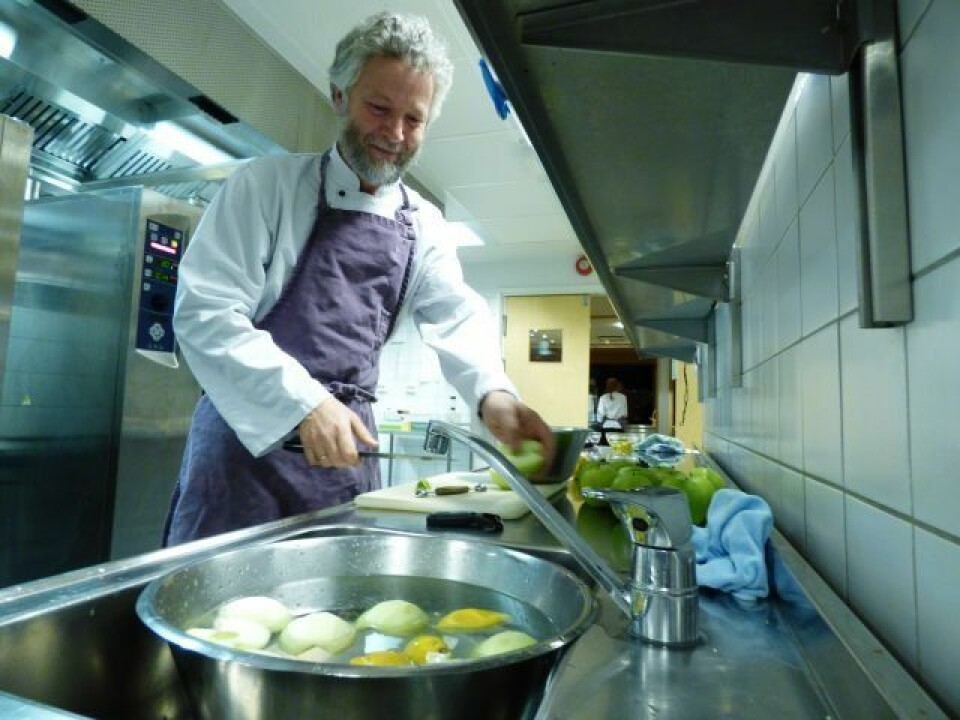
What is it with the researchers working in such a small and isolated community? Why are they there? Doing what with the place?
Geissler is trying to find out. The social anthropologist from the University of Oslo is midway through his fieldwork. So far he has stood in the kitchen washing pots and pans, and been out in the field with scientists in the world's northernmost permanent settlement. He's scouted out the area, spoken with those working there, eaten in the mess hall and participated in the social scene.
'Pure'
"The thing that attracted me as an anthropologist researcher to Ny-Ålesund is that it is so small and limited," Geissler said, referring to the settlement that attracts scientists from all corners of the world. "But at the same time is has established a fascinating history and is much more than just a 'station.'"
"And I became aware of how Norwegian the place really is, despite all the countries forming the community. In the winter this is particularly evident," said the social anthropologist and zoologist, whose experience includes 10 years of anthropology work at medical and biological research stations in Africa.
In a description of the project, he asserts the community is relatively isolated and thus "pure" in its capacity as a society solely intended for research-related activities. That – plus being the venue for leading research on climate change which therefore gives its an important global role, makes it particularly exciting. A tiny place where people fight with the biggest questions.
While there can be a hundred people at a time at the settlement during the summer, there is not more than about 30 during the winter. Geissler said he was attracted by the extreme living situation, and how close people live to each other and nature.
Longing
Geissler is not yet making any conclusions. But he is willing to share some observations.
"What strikes me is that all the people I have met, with the exception of one or two people, have a deep relationship with the place and a longing to the extent it goes far beyond the scientific. Naturalists in Ny-Ålesund develop a very close relationship with the community and the landscape," said the social anthropologist, adding he believes he's seeing a kind of feeling of being at home among researchers who come back year after year.
Existence in Ny-Ålesund is largely an existence similar to that in a barracks, with communal meals and shared activities in the researchers' spare time. It's not all that different than several other research stations Geissler has worked at, yet it's more intense. He said the intensity exists within the community and in the relationship with nature.
"I've talked to scientists who have gone for 30 years to the same islets and researched the same geese," he said. "There are also a number of them who are described as 'the elders of the tribe' because of their long experience and role in the community. One understands better what a good leader is here."
Last summer, the anthropologist followed a Dutch group researching birds and during the winter he worked in the kitchen at Kings Bay. In addition to food being incredibly important, he noticed the openness of the community. He also noted that he was observed, something he believes is related to the large turnover – and his project.
"At first I thought it was my problem, that I was a freak that nobody had a sense for," Geissler said. "It takes some time to work yourself in. It is an isolated community. One should first learn something, or show that you have learned something, before one can feel a bit at home. I have seldom felt so fresh during fieldwork."
Good place
He also said class differences seem to mean less here, and he was surprised by how kind and respectful people are compared to other places he has worked or knows through colleagues.
His kitchen service lasted two weeks, during which he gained insight into the community from a different perspective than through the summer's research activities. At the same time, he said he noticed a great reverence for nature. During winter, when most of the scientists were leaving, he spoke extensively with the Kings Bay folks about the natural fear of nature. He learned from the conversations he was not the only one to experience a sort of fear that forced him to push himself to continue on in the vast landscape.
Instead of tall tales about polar bears, people talked a lot about the pleasure of being out alone or with friends, and the feeling of humility towards the mighty surroundings.
Another observation was that it's not easy for everyone to leave the small community at 79 degrees latitude north.
"I've talked to people about being there for a long time and there were some who were preparing to return to the mainland," Geissler said. "I had the impression that most were satisfied with the situation, but some were anxious to go. And there is a part that revolves on the polar islands."
"It is a community where you have some intense experiences with others. But one should also be strong, for one shall be alone."
So it's not for everyone?
"Everyone has 'the gene,' but those who have chosen this life are all strong enough to do what they want to do," Geissler said, while emphasized people are very different and he isn't generalizing all of them.
"But one can probably say that those who are like that experience something that is valuable. The common feature is those are some strong individuals who will not immediately be like the others. Many of them may think that it's not great to have an 'A4-life' (ordinary) life, which they would have otherwise."
Returning
In June, he plans to set back out with the same bird researchers to conduct fieldwork. In addition, he will conduct in-depth interviews and discussions before publishing the first article, probably in a professional journal.
"It is not so easy to say something about people after only a few weeks' stay, and if those people know so much more about the place and the life there than I do," he said.
With more activity and more researchers in the settlement during summer, he said he believes the strong cohesion loses something. On the other hand, many people come who speak with the same passion. In addition, he noticed how quickly many of the scientists who are only there during the summer begin to blog and write about Svalbard as soon as they get home.
He said he also believes scientists who keep coming back have the longing as a strong driving force in addition to the scientific part, and counting birds is an opportunity while cultivating his own longing and solitude in the powerful and partly inaccessible nature.
"One goes up and one goes down, and one goes over an islet or down a hillside, and counting birds or eggs," he said. "There is data collection, but it is also a way of being in a landscape that is a bit too big for us. For where does one go in Svalbard? Scientific activities are a way to cultivate nature. There's a lot of emotion in such a science. As one of the bird researchers admitted: 'This is a very emotional place for me.'"
"There is a strange kind of longing. That of feeling at home in a place that can not be a normal human home," said Geissler, who may be experiencing some of that longing himself. In addition to his fieldwork this summer, he hopes to again spend a period in the kitchen when winter returns.
Translated by Mark Sabbatini
